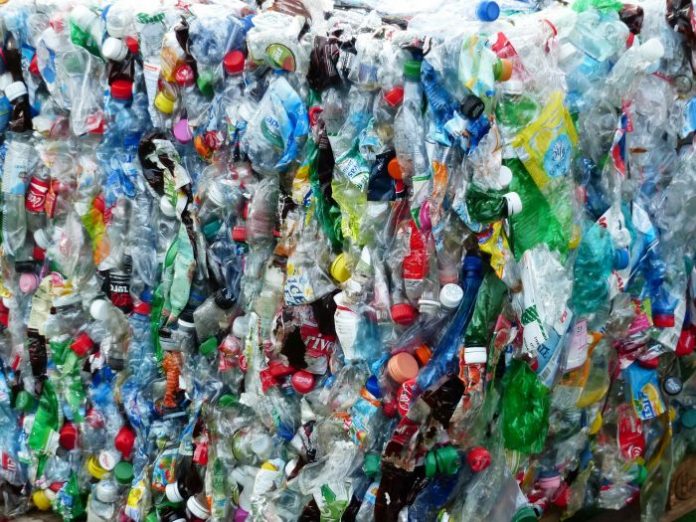
To support the development of the circular economy a strong focus on mechanical recycling of plastics is needed. We cannot agree with regulatory incentives for chemical recycling, which is a waste recovery activity that is certainly not good for the environment. In fact, these facilities would lead to unequal treatment and therefore competition between the two sectors. This is the warning issued by the National Association of Plastics Recyclers and Regenerators (ASSORIMAP/CONFIMI Industria). It is indeed necessary to pursue recycling objectives by facilitating the eco-sustainable production of goods and packaging. On the contrary, creating simplified routes for chemical recovery is anachronistic and, above all, out of step with the policies outlined by the European Union, which link sustainability to plastic recycling, identified as the true heart of the circular economy.
From this perspective, the End of Waste decree on mixed plastics has opened up worrying scenarios for the development of mechanical recycling of plastics and consequently for environmental sustainability. With the aim of maximising the actual recycling count in relation to the new European targets, the regulation allows materials that would need to be recovered by authorised entities to cease to be waste. This lays the foundations for serious disparities between companies operating in the mechanical recycling of plastics, which are burdened by authorisations, costs and controls, and chemical recycling activities, which are completely relieved of the same administrative and economic constraints.
“According to the European Regulation on “Green Taxonomy”, which provides a set of technical criteria to classify which economic activities contribute most to climate change mitigation and adaptation, mechanical recycling is considered the most sustainable process for the treatment of plastics, as for each tonne of recycled plastic material 1.9 tonnes of oil is saved, CO2 emissions are reduced by 1.4 tonnes, and significant amounts of electricity are saved: chemical recycling must therefore be understood without equivocation only as subsidiary to mechanical recycling, for only the shares of material that cannot be mechanically recycled, generated by the sorting and recycling processes”, declares Walter Regis, President of the National Association of Plastics Recyclers and Regenerators (ASSORIMAP/CONFIMI Industria).



































